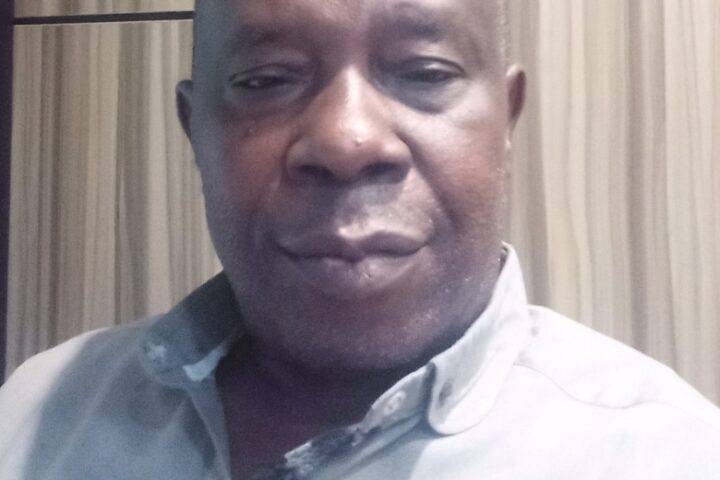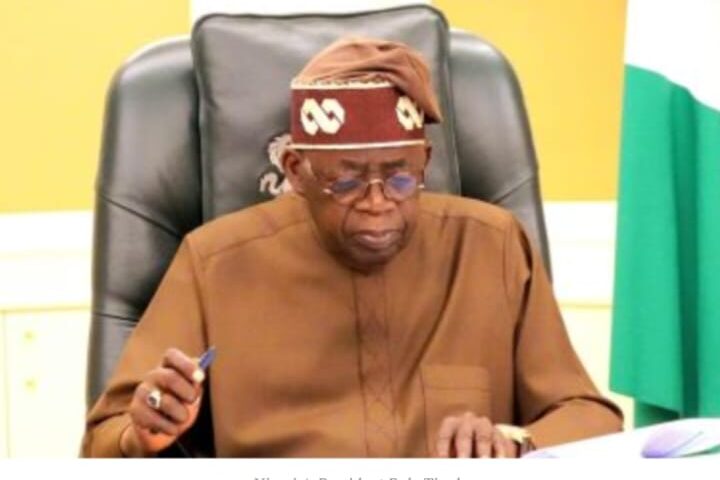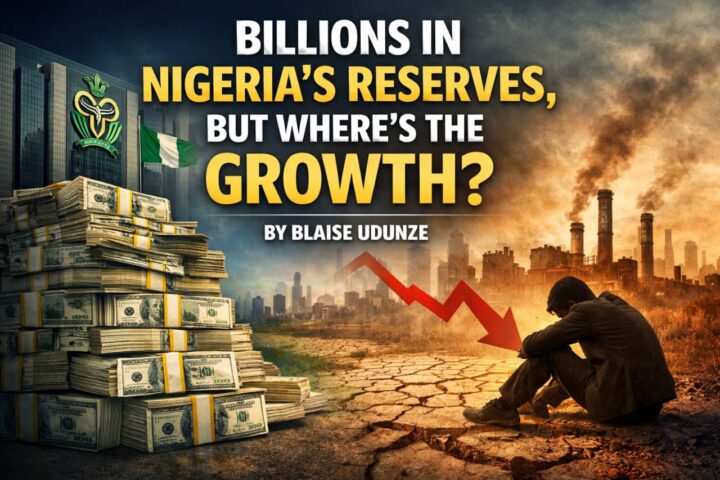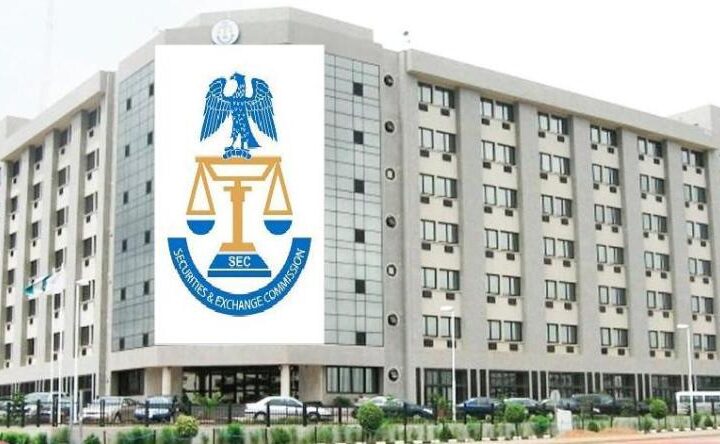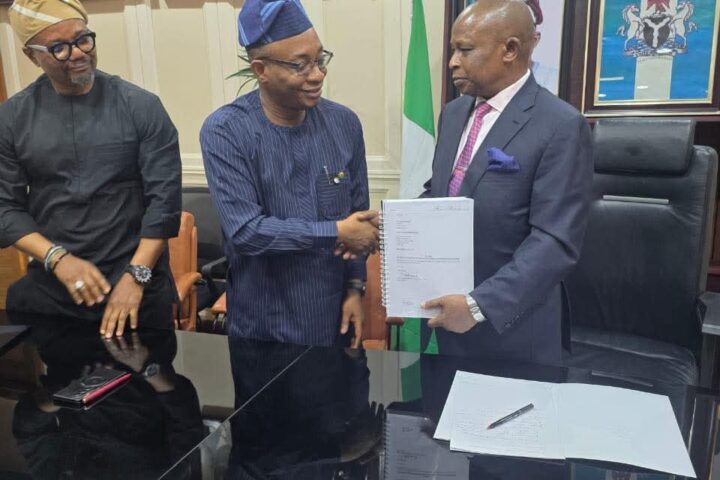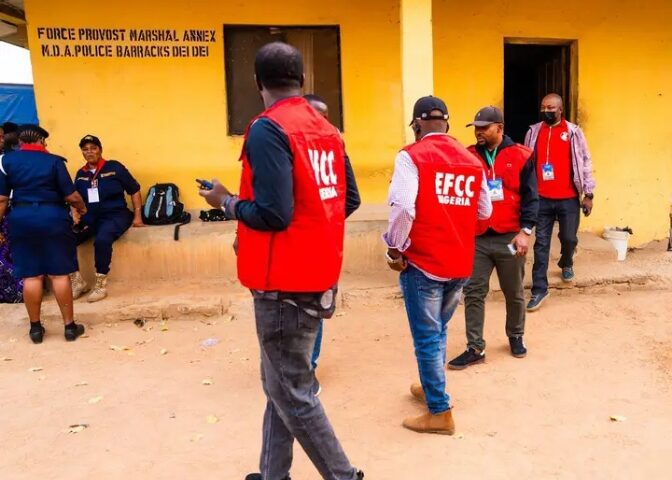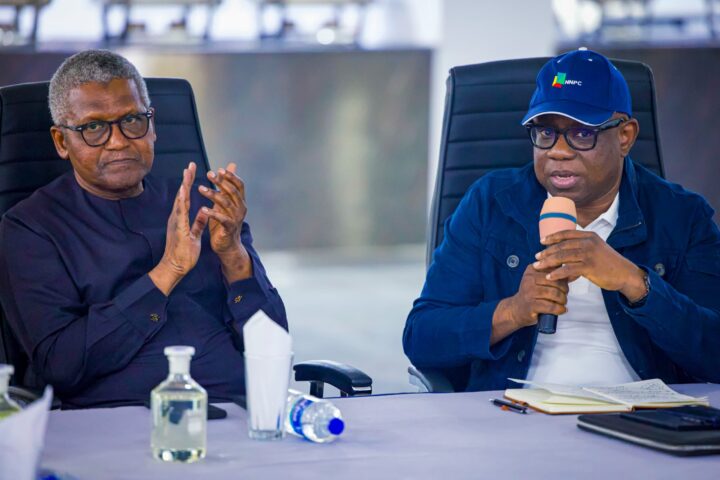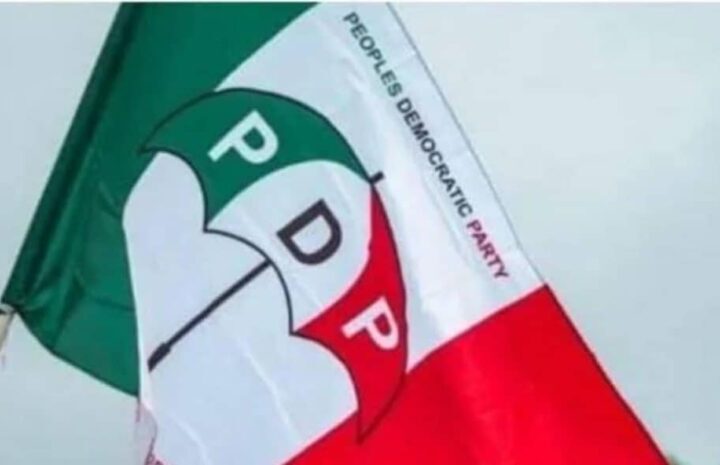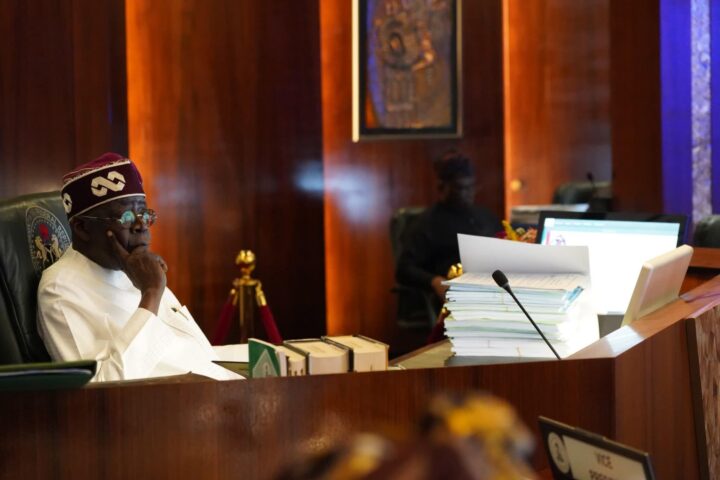By Lawal Nasir
Recognising individuals and organisations with awards is not peculiar to Nigeria; it is a global phenomenon that goes way back in time. These awards go a long way in encouraging people to put their best in what they do, or simply appreciate them for what they did.
Over time, however, awards have become so common that one is forced to always look at the credibility of the givers as well as how deserving or suitable the recipients are.
Indeed, presently, there are countless number of nonentities using all sorts of awards to swindle gullible individuals and organisations. They are succeeding in their crude ways because many see these awards as a form of validation, even when the facts on the ground show that they have achieved nothing. So, while there are many awards out there, very few are given on merit and without expecting any form of favour in return.
In Nigeria, for instance, news outlets are now giving awards to individuals and organisations because they are in a better position to see impact – or lack of it – in many human endeavours.
As companies that value their credibility, no news outlet will want to stake its reputation on frivolities because readers are not just watchful, they are also discerning.
So when one of Nigeria’s most influential online business newspapers Nairametrics honoured some 25 individuals and organisations with awards in May this year, among the recipients were the Central Bank of Nigeria (CBN) Governor Olayemi Cardoso and the apex bank he heads.
At its maiden Capital Market Choice Awards held in Lagos on May 23, 2025, Nairametrics, through its Founder/CEO Mr. Ugo Obi-Chukwu presented the honorary award to Mr Cardoso in recognition of his transformative leadership and strategic contributions to Nigeria’s financial and capital markets. The CBN under Cardoso also won the “Market Reform Initiative of the Year” award.
According to the organisers, under Cardoso’s leadership, the CBN has pursued reforms which has transformed the financial sector, adding that “the CBN’s recent policy interventions aimed at strengthening monetary transparency, investor confidence, and financial market stability earned it the distinguished award.”
The awards were received on behalf of the Governor and the CBN by the apex bank’s Director, Banking Supervision Department, Dr. Olubukola Akinwunmi.
Few days after the Nairametrics event in Lagos, the popular African Banker magazine (which has the African Development Bank Group as its official patron) recognised Cardoso as the African Central Bank Governor of the Year during the 19th edition of the African Banker Awards held on May 28 in Abidjan, Côte d’Ivoire.
The organisers recognised Cardoso’s “bold and strategic” approach to monetary and regulatory reforms that have brought renewed confidence and stability to Nigeria’s financial system.
The awards committee specifically stated that the CBN under Cardoso’s leadership was recognised “for implementing key policy measures aimed at stabilising the naira, improving transparency in the foreign exchange market, and re-establishing policy credibility.
These efforts have laid the groundwork for long-term macroeconomic resilience and renewed investor confidence.” The award was received by Dr Nkiru Balonwu, Adviser to the CBN Governor on Stakeholder Engagement and Strategic Communication.
Long before now, the CBN governor has received many accolades. In March this year, the apex bank hosted at its headquarters a Harvard Kennedy School (HKS) delegation, which brought together 50 students from 19 countries, including representatives from the HKS, Harvard Business School, Massachusetts Institute of Technology (MIT), and Stanford University.
As an HKS alumnus and the first African elected to the global HKS Alumni Board of Directors, as well as a trustee of both the Harvard Club of Nigeria and the Harvard Kennedy School Alumni Association of Nigeria (HKSAAN), Cardoso listened Adaora Ndukwe, President of HKSAAN, and Sheffy Kolade, HKS Nigeria Trek Delegation Lead, commended CBN’s commitment to engaging with future policymakers and providing invaluable first-hand insights into Nigeria’s evolving economic landscape.
Also, in January this year, the Arewa Accountability Forum commended Cardoso for his decisive action against Deposit Money Banks (DMBs) that failed to dispense cash through Automated Teller Machines (ATMs) during the festive season.
The forum, in a statement signed by its Chairman, Comrade Sani Wakili in Kaduna, hailed the sanctions as a bold step toward promoting financial accountability and easing the cash flow challenges faced by Nigerians, describing it as a much-needed move to safeguard public trust in the financial system.
For Cardoso, however, the onerous task of reforming the Nigerian financial system is one that must be accomplished, especially when focused on the main goal.
Nasir writes from Abuja



